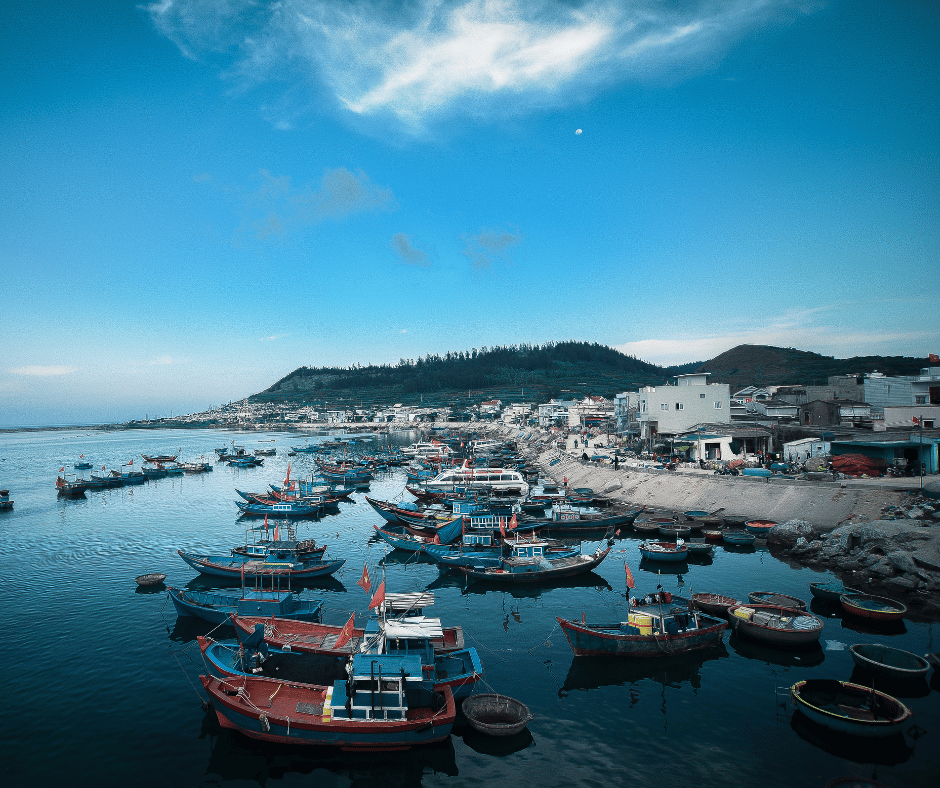Maritime agencies play a dual role in managing the logistical complexities of shipping and participating in the formulation and execution of policies and regulations about international trade. To improve overall efficiency in the marine industry, they collaborate closely with port authorities, shipping firms, and other relevant parties. These maritime shipping companies are also crucial in resolving shipping-related environmental issues, encouraging sustainable practices, and guaranteeing adherence to international marine safety regulations. Maritime authorities have a critical role to play in risk mitigation, disruption prevention, and building a robust global trade network through cooperation and standardisation. This essay will examine the vital roles that maritime agencies play in international trade as well as their significant responsibilities.
Activities at Ports and Terminals
Transport terminals and ports need to run smoothly to receive and transport goods on schedule. Customs clearance levels, storage, and cargo handling are among the many activities that maritime services and port managers work together to streamline. Because of this, the supply chain is guaranteed to run smoothly, enhancing the effectiveness of commerce overall.
Ship Administration and Management:
The coordination of ship operations, which guarantees effective port-to-port management, is the responsibility of maritime agencies. It entails planning arrivals and departures, maximising routes, and managing ship upkeep. Holding to timetables, cutting down on delays, and saving money on transportation all depend on skilful vessel operations.
Record-keeping and Logistics
The amount of documentation involved in shipping internationally can be relatively daunting. Documentation such as bills of lading, certificates of origin, and customs paperwork are handled by maritime agencies. This helps to ensure that goods reach their destinations without any issues and lessens the administrative strain on shippers. It also helps to prevent delays.
Adherence to Regulations
One of the biggest obstacles to international trading is navigating the intricate web of rules. The enforcement of international laws and regulations about environmental, safety, and security requirements is largely dependent on maritime agencies. In addition to being required by law, adherence to these laws promotes ethical and sustainable maritime activities.
Supply Chain Cooperation
Maritime organisations facilitate cooperation and communication by serving as go-betweens for further supply chain participants. Their powerful collaboration with shipping firms, port authorities, customs officers, and other relevant stakeholders guarantees a well-coordinated and effective movement of commodities. Collaboration is essential for getting over barriers and optimising the logistics process overall.
Risk Control and Insurance
Natural catastrophes, piracy, and accidents are just a few of the hazards that the marine business faces. Maritime agencies assist shipping businesses in navigating potential obstacles, which is a critical part of managing risks. They also make it easier to obtain insurance protection in case of unanticipated events, which guards against monetary damages.
Technology Usage
Efficiency as well as effectiveness in international trade can only be improved by embracing technology. Technology is employed by maritime companies to optimise routes, track vessels in real time, and notify stakeholders on time. Increasing decision-making efficiency and supply chain visibility is achieved through the combination of digital platforms and data analytics.
Last Remarks
To sum up, maritime agencies serve as the backbone of international trade, facilitating the efficient and seamless transportation of products across the world’s oceans through a variety of roles. Operations of ships and ports, paperwork, risk management, regulatory compliance, technological integration, and supply chain cooperation are all included in their duties. It is impossible to overestimate the role that these organisations play in enabling smooth international trade as it grows. The future of international trade will continue to be shaped by maritime agencies as they adjust to new technologies and changing global dynamics.

